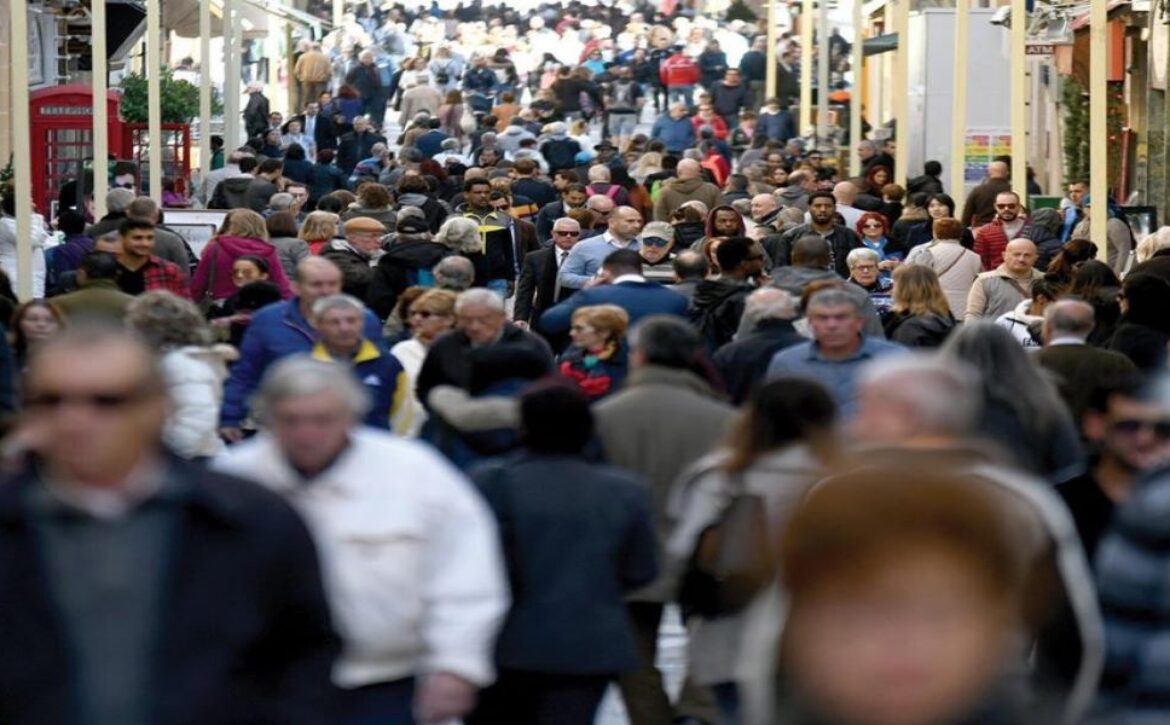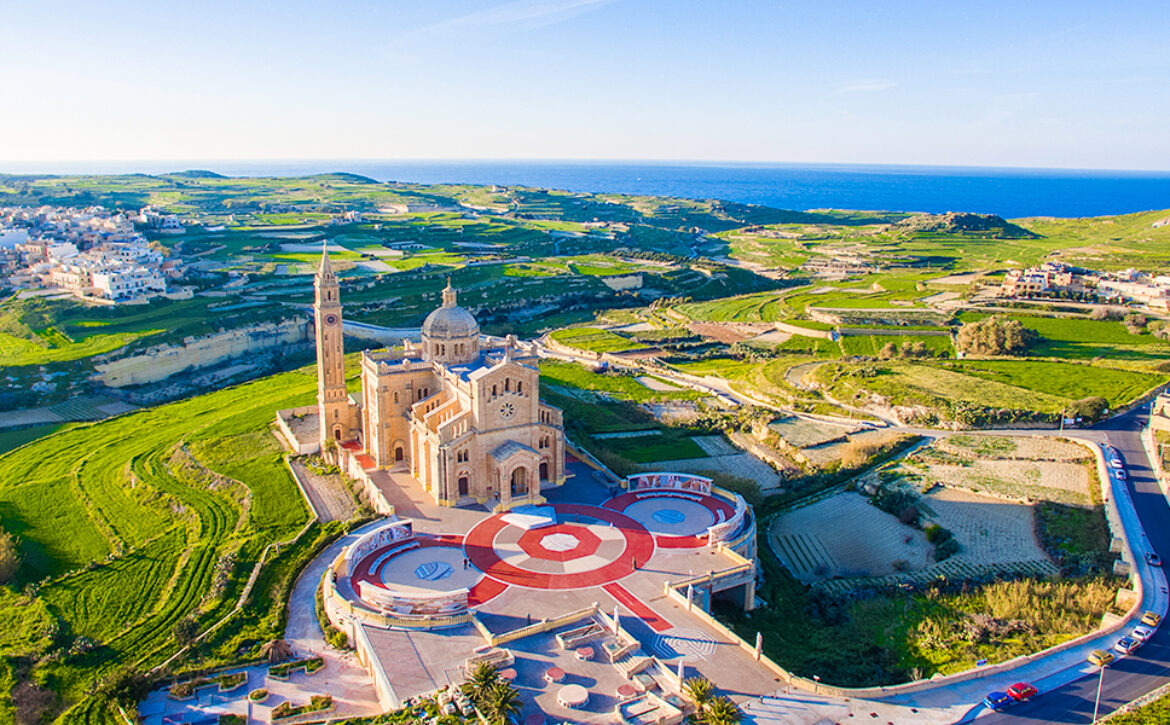What do the residents think about their Local Councils?
What do you, as a reader think about your Local Council? How comfortable are you with the way matters are being conducted in your locality? In line with the Local Government’s financing, how much do you think is your Local Council giving back to the community in which it operates? Do you feel well informed about what is happening within your Local Council?
These are the typical self-questions one should be making when casting the vote to elect the Local Council representatives every five years. But more than getting an answer for one’s own questions, it is crucial that your respective Local Council would be sensitive enough to your replies. This is the only way forward how Local Councils would improve their existing services while introducing new ones and transfer their financial allocation from one fund to another according to their residents’ needs The way the resident feels on how much informed is he about what is happening in their locality though their Local Council is automatically reflected on the level of trust the resident would have on the same Local Council and it’s elected members. Keeping the residents informed and involved makes the resident feel part and parcel of what is going on. No matter the hard work of the Local Councils, residents who are not kept up to date about what is going on would automatically relay the wrong message of a non-performing Local Council.
Some of the councillors might reason out that negative comments are only a perception; this is undoubtedly a wrong attitude. There are mechanisms in place which a Local Council could adopt from time to time to gauge the resident’s perception about the work being carried out within their Local Council. Should we remain insensitive to our residents’ needs and keep on assuming that this is just a perception, this attitude would eventually result in a lack of trust vote when the residents would be casting their vote
The time has come for Local Councils to adapt to change and current times and be more accountable towards the electorate who elected them and to the Local Government who each year would dish out millions of euros for an effective decentralisation process.
For this transition to happen, Local Councils need to have in place a comprehensive evaluation model which could gauge their work objectively. For this to be achieved, one needs to have in place a scientific model based on an Empirical research. This model should initially lead to a better understanding of the citizens in each locality along with a better and solid understanding of how much the Local Council would be diligently affecting its duties in line with the Government’s strategic objectives.
If we really need to elevate the role of the Local Councils, this research should help us understand what the residents actually think and feel about their respective Councils. This actually establishes what the residents really want, what is important for them and what actually makes a difference in their lives and those of their families. However, this is not enough, as it is useless to just know what people think or want.
It is somehow very important to establish the limitations of the Local Councils their functions and whether they could actually carry out their duties without hindrance and excessive bureaucracy. Following this evaluation, one needs to understand the difference between what the residents actually believe versus what is achievable from the Local Council’s side.
We need to understand what is actually hindering the Local Councils from actually achieving their residents’ expectations. One needs to ask what are their financial and legislative restrictions?What are the shortcomings when it comes to human resources? How come no one applies for any vacancies within the Local Council? Is a career within the Local Council considered as a ride in the park or shall one actually give more value to this role which could be more considered as a mission rather than just an employment?
This exercise does not only shed light on the residents’ perception about the Local Councils, does not only establish the limits and restrictions of the Local Councils and the lack of uniformity that exist within the Local Councils themselves but actually defines the characteristics which create these differences.
What follows this process is the most critical and the most important. The next steps would be the setting up of a number of recommendations on the findings which would eventually lead to the neutralisation of such differences. The recommendations could vary and could include:
- An educational campaign with the residents to help them better understand the role of the Local Councils
- An educational campaign for the general public which clearly differentiates the roles of the Local Government and the Central Government
- An adjustment to the mechanism of the financial allocation
- Adjustment to the Local Councils’ functions
- Improved overview of the subsidy and decentralisation principles
- An overview of the Local Councils’ planning
- A reform on the Local Government division
- A reform in the administration of Local Councils
- Discussion on the roles of the elected members within the Local Councils
- Discussion which leads to a reform of the Mayor’s role and other members
This exercise should be the basis of a renewal and a reform within the Local Government. Since 1993 there have been a series of amendments, updates, reforms and renewals however, these barely took place in line with the residents’ expectations. These only happened based on the agenda of the leading politicians during that particular period.
If the resident is always at the centre of the Local Council’s work plan, how much more should the resident be at the centre of this renewal process?
Following thirty years of Local Government, I strongly believe in the next steps. We have to forget what happened, what we have and what we were used to; a thirty-year span seems quite lengthy but within the new structural framework of the Local Government, the length of this period is next to nothing; thirty years are not a generation.
For this to happen, the government has to be the catalyst to initiate a new thinking process and launch new models. As the reigning political party, the latter has to take the bull by the horns and ensure that the Local Councils will remain relevant and adapt themselves to the current situations. Each reform has to be forward looking and should keep developing on the current framework.
Undoubtedly, it goes without saying that the time for a change has come. The Local Government has to be looked into more diligently; to date this process has always been compared to a patient who despite of being aware of his medical condition keeps on masking his pain by taking pain killers rather than treating the source of his illness.
Local Councils have always made an impact on their residents’ lives however there is much more to be achieved. Each reform which needs an implementation process and has to have the entire backing of the politicians, the administrative staff, mayors and councillors. Coupled with the positivity and transparency, this process needs efficiency. These three key ingredients would guarantee a fresh and must needed change to the local and regional councils.
The Association of the Local Councils coupled with the assistance from the Government is all set to be the catalyst of this reform; if this reform happens in an effective manner it would be paving the forthcoming three years for Local Councils.
Mario Fava
President

